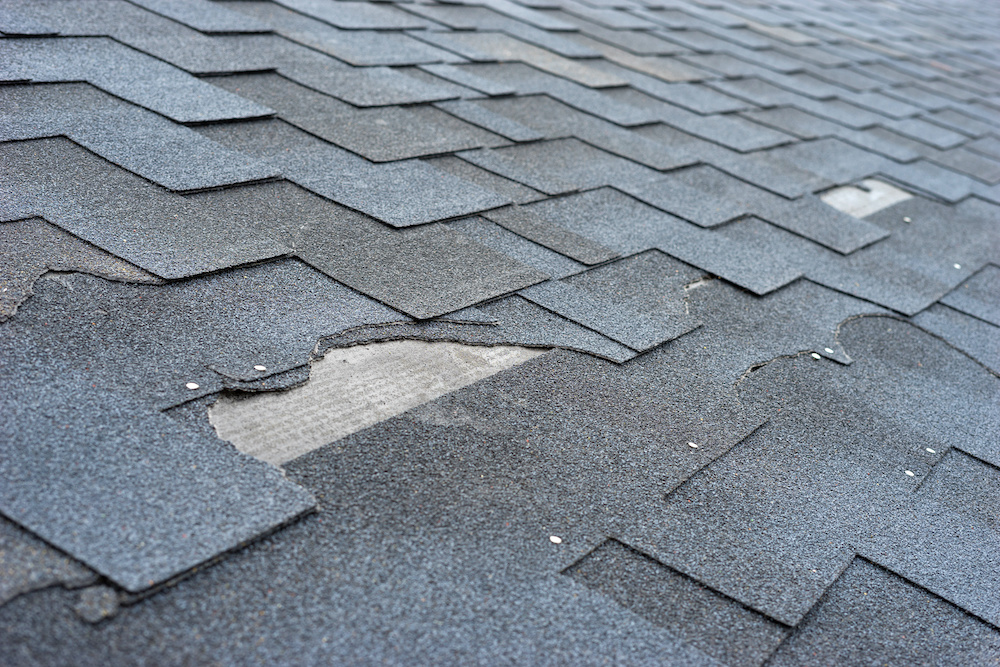A home inspection is arguably one of the most important steps in any real estate transaction. A professional inspection report will reveal information about the condition of the house that may not be obvious at first glance. This might include water damage, electrical problems, structural issues, and more. Let’s face it, we all probably have a few deal-breakers that would cause us to back out of a transaction.
Without knowledge of a home’s true condition, buyers could end up in a very tragic situation where they cannot afford to make the necessary repairs and have no choice but to sell, possibly for less than they paid. This is why it is wise to pay for a home inspection before closing and research the potential repair costs you would face as the new owner.
Professional inspection companies are usually very thorough, and an inspection report should provide details and recommendations about every room, feature, and system present. However, not every recommendation is cause for concern. In this blog post, we will discuss the 6 main items to look for on a report, why they are important, and how they should affect your decision.
6 Important Things to Look for On a Home Inspection Report
1. Heating & Air Conditioning Units
HVAC systems are integral to the comfort of any home, and they are not inexpensive to repair or replace. Review the report for details about the furnace, heat pump, air handler, thermostat or any other systems that may be present. First, make sure they are operable and in working condition. Then, look at their age and determine if they will likely need to be replaced in the near future.
2. Electrical Systems
The inner workings of the electrical system are not to be taken lightly. Proper wiring, labeling, and voltage are critical to ensure all electricity in the home is operating correctly and safely. Some examples of electrical problems are double tapped wires, open wire splices, and non-operational switches or buttons.
3. Plumbing
Another important system to pay attention to is the plumbing, which includes the water supply and distribution, water heater, and waste water management. Some issues to look out for are poor drainage, leaky faucets, and low water pressure. Also take note of any major past or current leaks, as these can lead to mold, structural damage, and electrical risks.

4. Roof Leaks
A leaky roof may be a sign of broken shingles, improper sealant, clogged gutters, cracked flashing, or storm damage. It may even indicate that the lifespan of your roof has come to an end. If your roof is over 20 years old, the shingles may start to deteriorate and leaks will be more consistent. While some roof issues are inexpensive to fix, extensive damage repair or roof replacement will be costly. Additionally, if roof leaks are ignored, the damage can significantly worsen.
5. Environmental Concerns
The most common environmental concerns in a home include radon, mold, lead based paint, and asbestos. Radon is a colorless, odorless radioactive gas that naturally exists outdoors, but it can cause cancer in those who are exposed to high levels of it over time (American Lung Association).
Mold and mildew are commonly found in homes with water damage or moisture issues from inadequate ventilation. In sloped areas, water runoff can pool at a house’s foundation and lead to mold spores in the crawlspace, wood, and insulation.
Asbestos and lead based paint were both commonly used in homes built prior to the 1980’s. These were later banned or limited from being used in new home construction because they were discovered to be harmful to our health (Mesothelioma.com).
6. Structural Integrity
Last, but certainly not least, be wary of structural issues. Damage to the foundation, subfloor, and floor joists can be extremely unsafe and expensive to repair. These issues may come about from wood rot, termite damage, or water damage. Some possible signs of this are cracks in the walls, sloped floors, and gaps between window and door frames. If you are willing to take on these types of repairs, it is wise to obtain cost estimates from reputable contractors so that you are better equipped to negotiate with the seller.
Reminders
While all of the above items are necessary to live in a home safely and comfortably, there are some items that may show up on a report which are not as critical. For example, home maintenance and improvement items are common, but these recommendations are optional and therefore, should be a lower priority. Some other examples are damaged flooring and fogged windows, both of which will cost money to fix, but are not necessarily a cause for concern.
Remember that throughout the entire transaction, including the inspection, your real estate agent will help you understand your options and guide you to make smart decisions. Our team of experienced agents here at Sheridan Solomon and Associates have a wealth of knowledge about the inspection process. They can also connect with you the most reputable home inspection professionals in the area.
If you want the guidance and expertise of an agent in your next real estate transaction, we can get you connected with one of our team members today. Just give us a call at (478) 746-2000, or reach out on our website, www.sheridansolomon.com.
